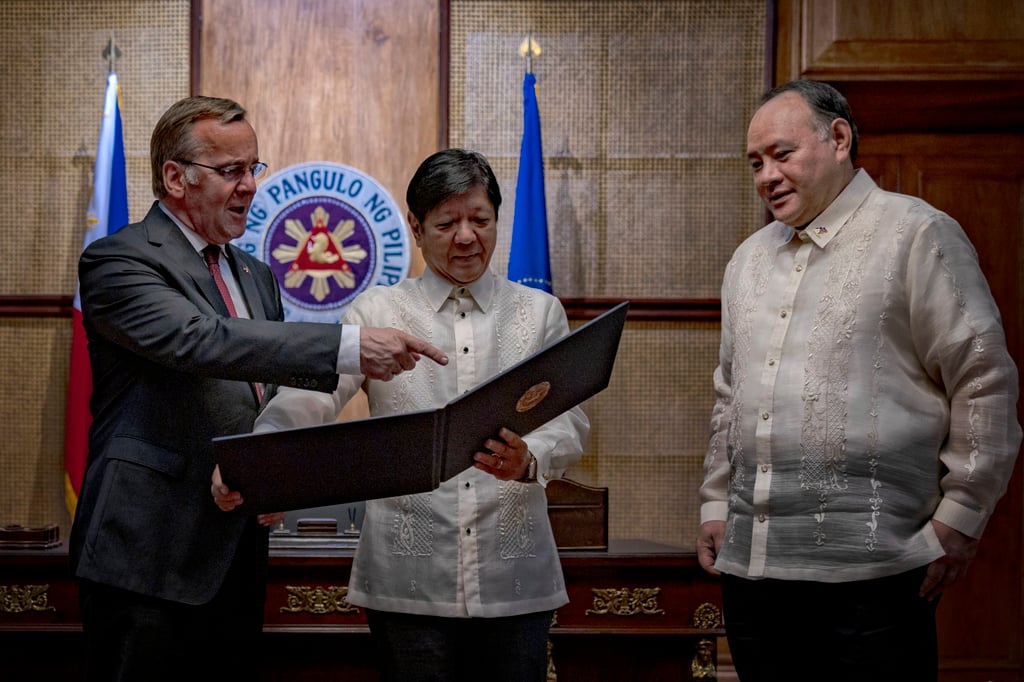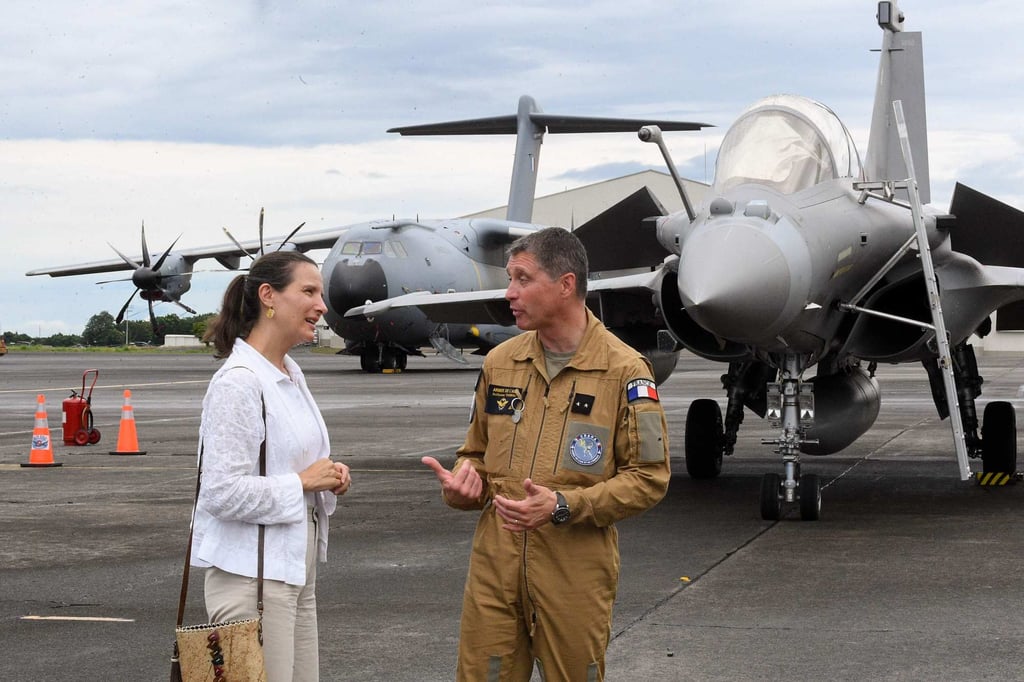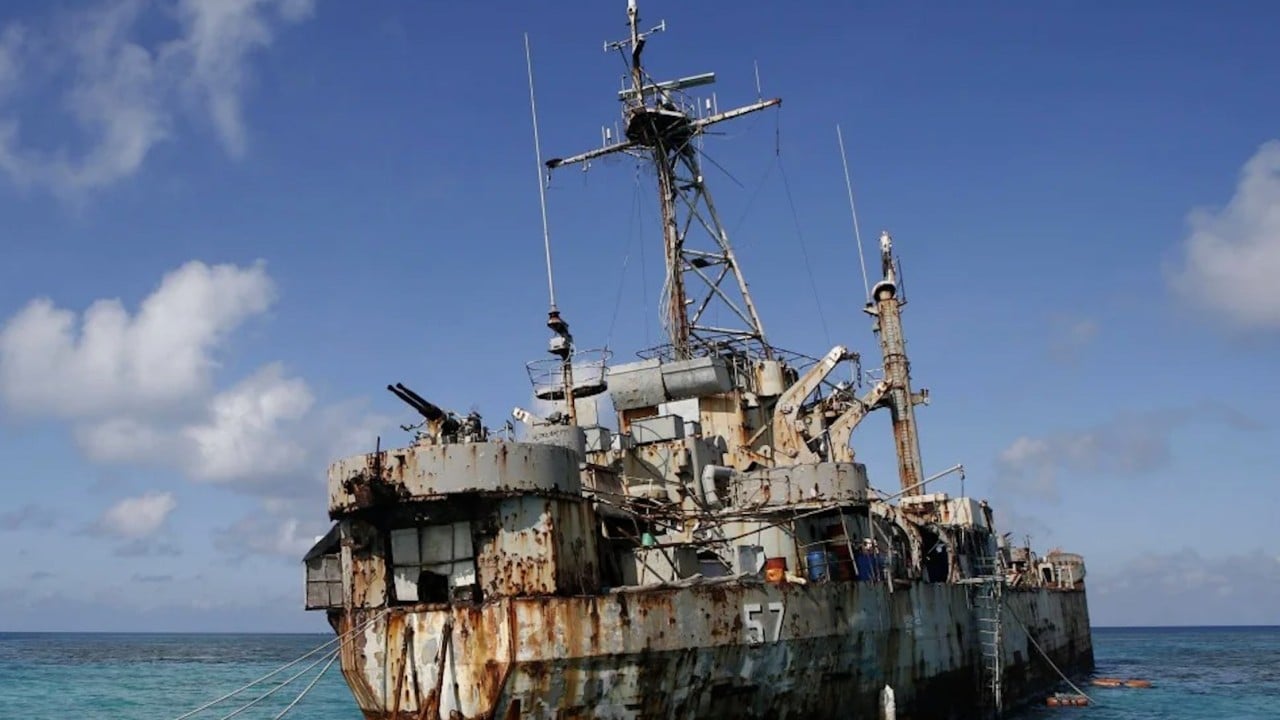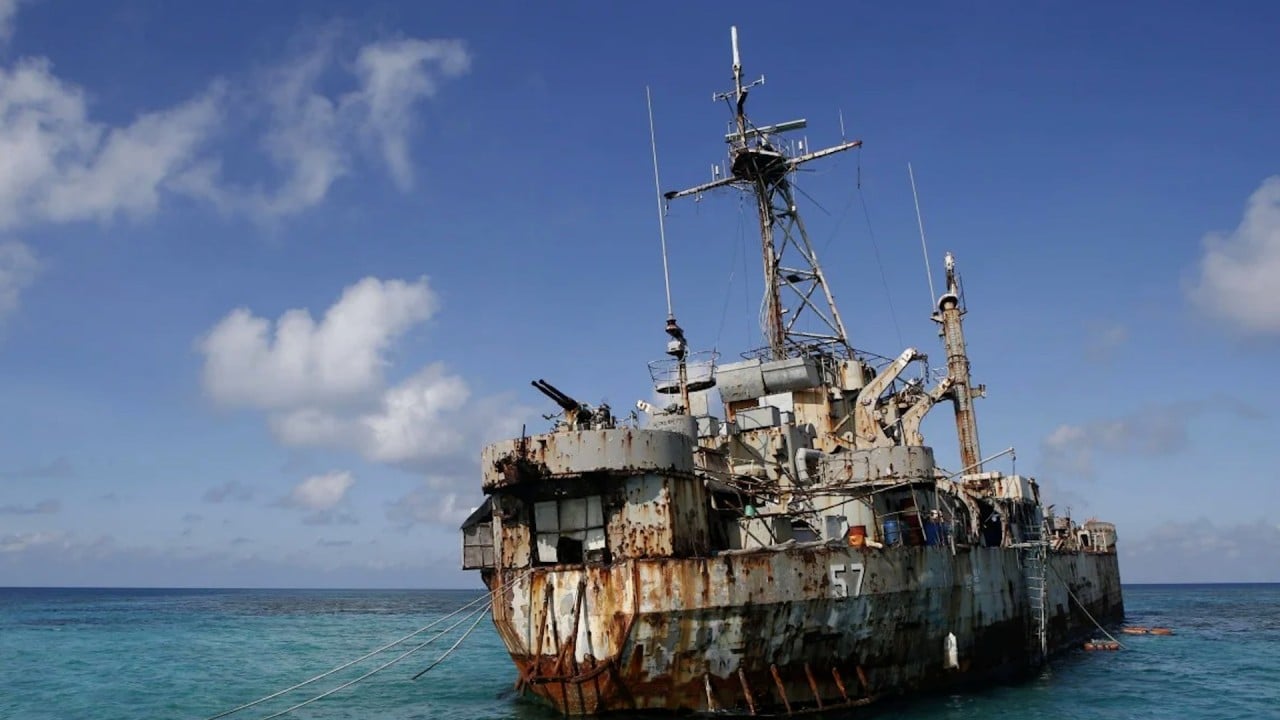“I think today is genuinely historic. This is the first time that the Philippines has hosted our 2+2 [meeting],” declared United States secretary of state Antony Blinken during his meeting with Philippine President Ferdinand Marcos Jnr in Manila. During the annual 2+2 Ministerial Dialogue, US defence secretary Lloyd Austin also jived in, emphasising how the two nations are “more than allies, we’re family” and that Washington and Manila “have common interests [and] common values”.
This was the first time that the 2+2 meeting took place in Manila, underscoring the growing importance of the Philippines in regional affairs. Arguably, the meeting was the most consequential, with the US announcing a new U$500 million defence aid package, which aims to speed up the modernisation of the Philippine military and coastguard. The two sides also vowed to finalise an agreement to boost intelligence sharing and cybersecurity cooperation.
While grateful for American aid, however, the Marcos Jnr administration has shown little interest in aligning with the US in a front against China. If anything, Manila has negotiated a temporary arrangement to de-escalate tensions with China and give diplomacy a chance.
Crucially, the Philippines is also proactively reaching out to a wide range of partners across the Indo-Pacific and beyond.
The Philippines hosted Germany’s defence minister this month to expand bilateral security cooperation. This came on the heels of the first-ever Philippine-Japan joint naval drills in the South China Sea and before the first-ever Philippine-Vietnam coastguard drills.
The Marcos Jnr administration seems determined to transform the Southeast Asian nation into a more self-reliant and capable middle power in the 21st century.

Indeed, Philippine-US defence relations have switched into a “hyperdrive” mode under the Marcos Jnr administration. According to Philippine ambassador to the US, Jose “Babe” Romualdez, who also happens to be the president’s cousin, Washington could provide up to US$3 billion in defence aid over the next five years, thanks to robust bipartisan support for stronger bilateral relations.
The two allies have been working on the transfer of sophisticated American weapons, including fighter jets, to the Philippines. What’s even more noteworthy, however, is Manila’s decision to grant the Pentagon access to strategically-located military facilities in northern part of the country. Notwithstanding the recent withdrawal of the US Typhon missile system, redeployment of these advanced systems to deter or respond to any potential contingency in Taiwan remains an option.
By all indications, however, the Philippines is hedging its bets. Marcos Jnr has refused full alignment with the US by maintaining strategic ambiguity on his Taiwan policy and, crucially, not granting Americans access to northernmost facilities in places such as Batanes.
The Philippines has also insisted on independently managing its own tensions with China in the South China Sea. In fact, Manila turned down an offer of direct help by America in the wake of its latest near-skirmish with China, which led to the injury of multiple Philippine servicemen sailing to the Second Thomas Shoal.
Instead of aligning with one superpower against another, the Philippines is bent on enhancing its own strategic agency. There is profound concern over potential armed conflict with China, thus the urgency to avoid needless provocations.
“This is a very serious situation we are facing,” Romualdez recently said, referring to multiple incidents between Chinese and Philippine maritime forces in the South China Sea in the past year.
Neither side has released the full text of their provisional agreement, nor have they publicly agreed on its broad contours. But Manila has seemingly agreed to let Beijing know about any humanitarian supply missions to the BRP Sierra Madre, which is stranded in the Second Thomas Shoal.
The Marcos Jnr administration is also keenly aware of the limitations of its alliance with the US. After all, the recently announced US$500 million defence aid package is too small to make any major difference in the broader military balance of the South China Sea. Moreover, the impending departure of the Biden administration signals the dawn of a more uncertain and parochial, if not dysfunctional, American foreign policy, regardless of who wins the US presidential elections.
“I am a bit surprised considering how interesting your political situation has become back in the [US], but I’m glad that you’ve found the time to come and visit with us,” Marcos Jnr said during his recent meeting with the top US officials, hinting at growing concerns over US domestic politics. Should the US embrace a more protectionist and unilateral foreign policy next year, especially if Donald Trump wins, the Philippines is likely to seek warmer ties with China to protect its economic interests and enhance its bargaining position.

Ultimately, the Marcos Jnr administration is bent on building a wide and diversified network of strategic partnerships, from Asia to Europe, to reduce the Philippines’ historical dependence on the US. India and South Korea have also emerged as defence suppliers to the Philippines.
After finalising a reciprocal access agreement with Japan to expand and regularise joint military drills, the Philippines is also negotiating similar defence pacts with France, Canada and New Zealand. It is also exploring closer defence ties with other Southeast Asian nations such as Vietnam.
Taking a page from his late father’s playbook, Marcos Jnr is pursuing his own version of “multi-alignment” by cultivating optimal ties with all major powers and like-minded nations. Full alignment with any superpower is anathema to the country’s pursuit of an independent foreign policy.
Richard Heydarian is a Manila-based academic and author of “Asia’s New Battlefield: US, China and the Struggle for Western Pacific”, and the forthcoming “Duterte’s Rise”



